Given a file containing 100000+ log messages like:
2017-08-10T14:49:09: Debug: D-UNK-000-000: [Event Processor] connectorStatus: Pending
2017-08-10T14:49:09: Debug: D-UNK-000-000: [Event Processor] context: <DataItem type="System.Availability.StateData" time="2017-08-04T01:10:59.9525690+02:00"><ManagementGroupId>{05120214-5C27-A4EE-D32B-09CB2239421C}</ManagementGroupId><Property Name="Details" VariantType="8">There are 1 messages attached
03.08.2017 21:00:12
Title: Mail sync issue
User Impact: Users are unable to sync emails using Apple Mail on their Mac computers.
</Property></DataItem>
2017-08-10T14:49:09: Debug: D-UNK-000-000: [Event Processor] context_ManagementGroupId: {05120214-5C27-A4EE-D32B-09CB2239421C}
2017-08-10T14:49:09: Debug: D-UNK-000-000: [Event Processor] context: null
2017-08-10T14:49:09: Debug: D-UNK-000-000: [Event Processor] context_HealthServiceId: 390382B5-C177-0529-DDC0-F2969F667E49
Every log message starts on a new line beginning with a timestamp. But some log messages extend over multiple lines; in the example above see the 2nd line containing " context:" and then some arbitrary xml with multiple newlines embedded. Thus, in the example above there are exactly 5 log messages.
I'm looking for log messages which are very long, say more than 15000 characters.
I can step through all relevant log messages using Notepad++ searching for this pattern (option ". matches newline" selected):
context:(.+?)2017-0\d-\d\dT\d\d:\d\d:\d\d:
But I failed to extend that it will give me only the long ones.
I expected that the following could work, but no luck (it selects the whole file):
context:(.+?){15000,}2017-0\d-\d\dT\d\d:\d\d:\d\d:
If this is not possible with Notepad++, I am also willing to use other tools, including command line on a linux box.
Not necessary, but if easy doable:
Search for the same what I've explained and replace the whole xml string with its length (number of chars).
